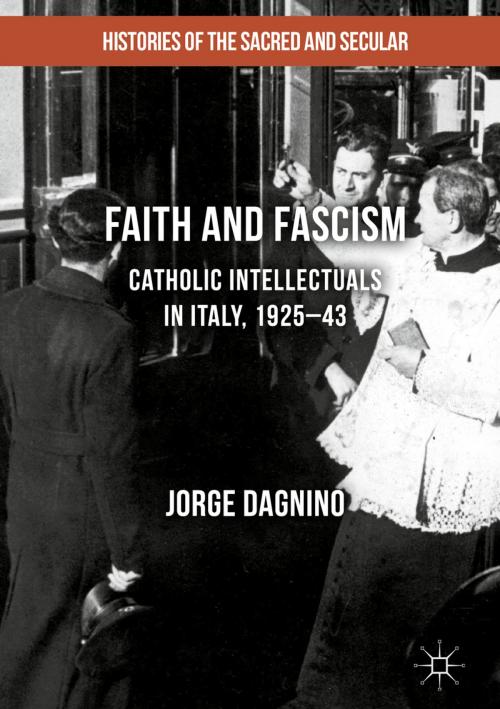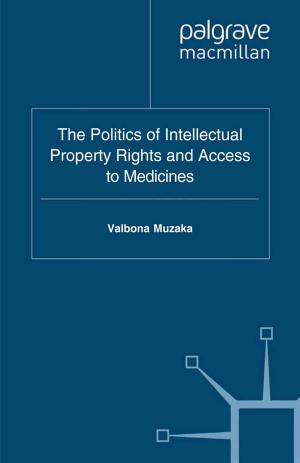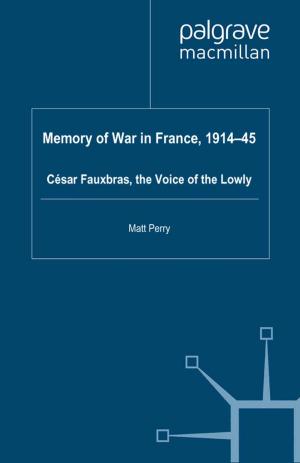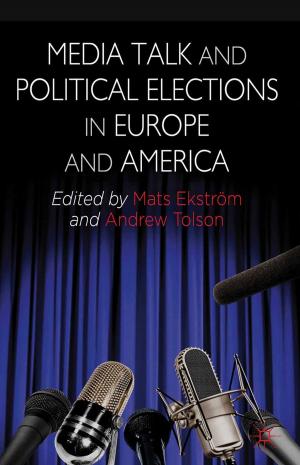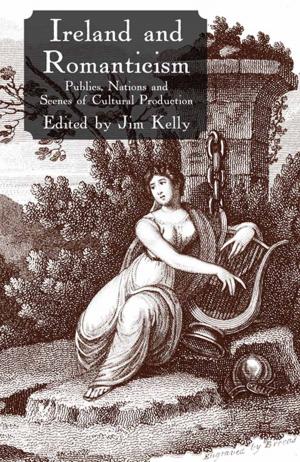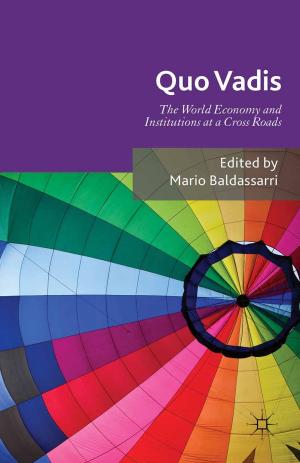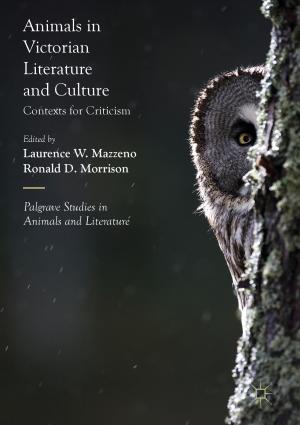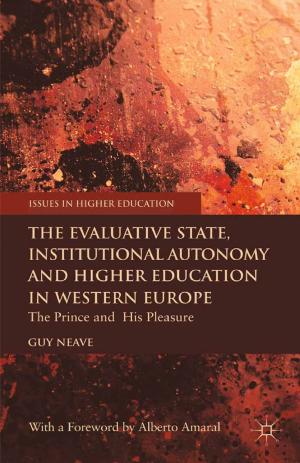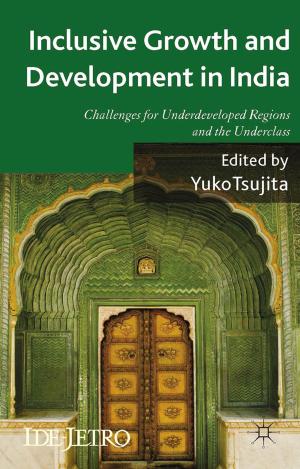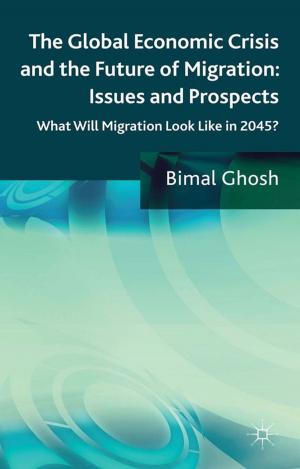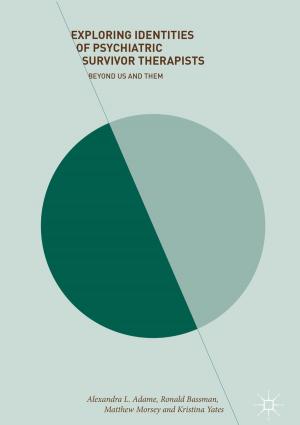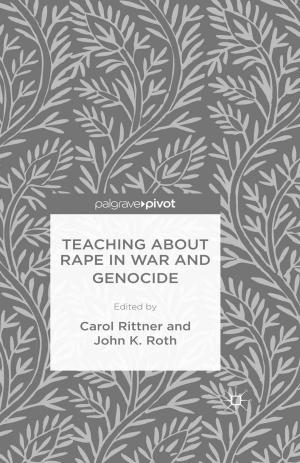Faith and Fascism
Catholic Intellectuals in Italy, 1925–43
Nonfiction, Social & Cultural Studies, Social Science, Sociology, Marriage & Family, History, Italy| Author: | Jorge Dagnino | ISBN: | 9781137448941 |
| Publisher: | Palgrave Macmillan UK | Publication: | March 21, 2017 |
| Imprint: | Palgrave Macmillan | Language: | English |
| Author: | Jorge Dagnino |
| ISBN: | 9781137448941 |
| Publisher: | Palgrave Macmillan UK |
| Publication: | March 21, 2017 |
| Imprint: | Palgrave Macmillan |
| Language: | English |
This is a study of the Federazione Universitaria Cattolica Italiana (FUCI) between 1925 and 1943, the organisation of Catholic Action for the university sector. The FUCI is highly significant to the study of Catholic politics and intellectual ideas, as a large proportion of the future Christian Democrats who ruled the country after World War II were formed within the ranks of the federation. In broader terms, this is a contribution to the historiography of Fascist Italy and of Catholic politics and mentalities in Europe in the mid- twentieth century. It sets out to prove the fundamental ideological, political, social and cultural influences of Catholicism on the making of modern Italy and how it was inextricably linked to more secular forces in the shaping of the nation and the challenges faced by an emerging mass society. Furthermore, the book explores the influence exercised by Catholicism on European attitudes towards modernisation and modernity, and how Catholicism has often led the way in the search for a religious alternative modernity that could countervail the perceived deleterious effects of the Western liberal version of modernity.
This is a study of the Federazione Universitaria Cattolica Italiana (FUCI) between 1925 and 1943, the organisation of Catholic Action for the university sector. The FUCI is highly significant to the study of Catholic politics and intellectual ideas, as a large proportion of the future Christian Democrats who ruled the country after World War II were formed within the ranks of the federation. In broader terms, this is a contribution to the historiography of Fascist Italy and of Catholic politics and mentalities in Europe in the mid- twentieth century. It sets out to prove the fundamental ideological, political, social and cultural influences of Catholicism on the making of modern Italy and how it was inextricably linked to more secular forces in the shaping of the nation and the challenges faced by an emerging mass society. Furthermore, the book explores the influence exercised by Catholicism on European attitudes towards modernisation and modernity, and how Catholicism has often led the way in the search for a religious alternative modernity that could countervail the perceived deleterious effects of the Western liberal version of modernity.
